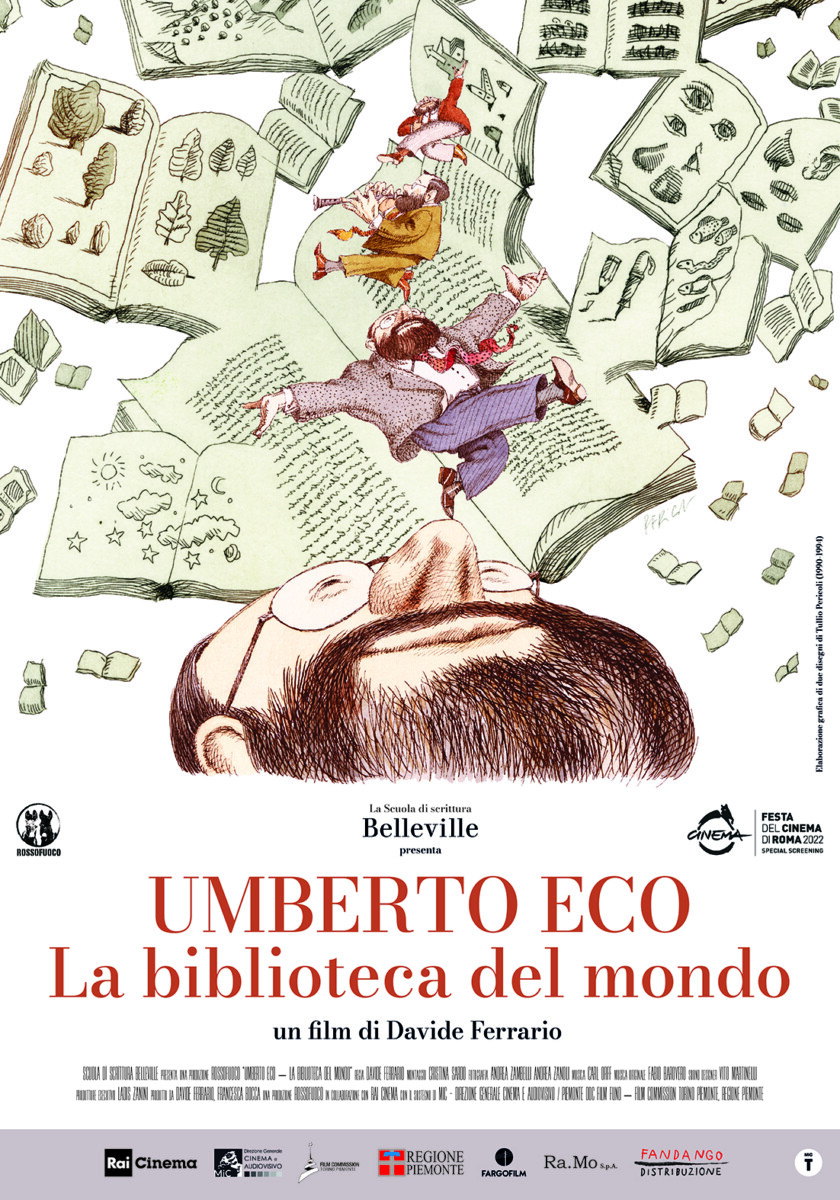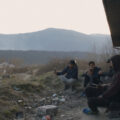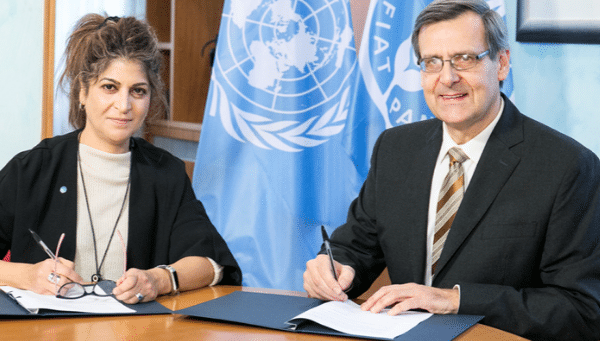
Watch
The treasure of the world
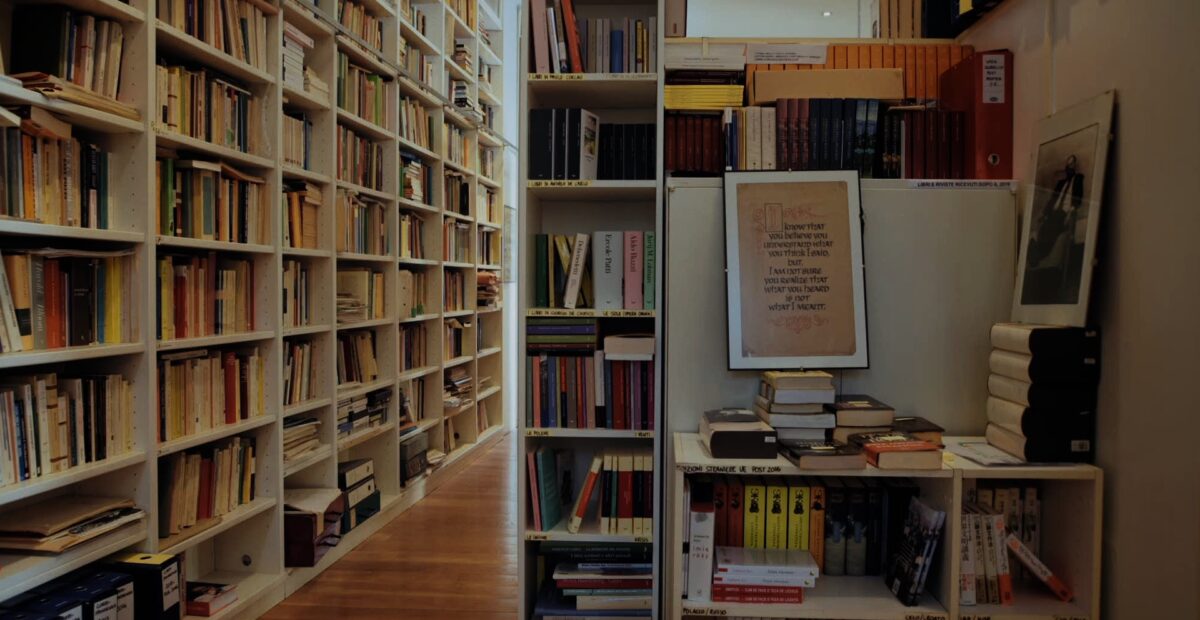
A walk through Umberto Eco’s extraordinary personal library, that becomes a journey in the thoughts of this philosopher and writer and a consideration on the beauty of a book and place as the preserving of these protect the world’s memory: the library. A beautiful documentary directed by Davide Ferrario, filled with insights to reflect on in our complex time. Umberto Eco – The World’s Library, from the 2nd of March in Italy’s cinemas.
The beautiful documentary “Umberto Eco – The World’s Library” by Davide Ferrario abounds with immersive phrases. His words summarize Umberto Eco’s thoughts while they pay tribute to the marvelous invention known as a book: empathy’s immortal instrument, formidable to reach the head and heart of the other. This film, which molds the essence of an internationally renowned writer, sings of the beauty of the small and infinite object with which human beings know and understand each other, build access to the true, the good and the beautiful.
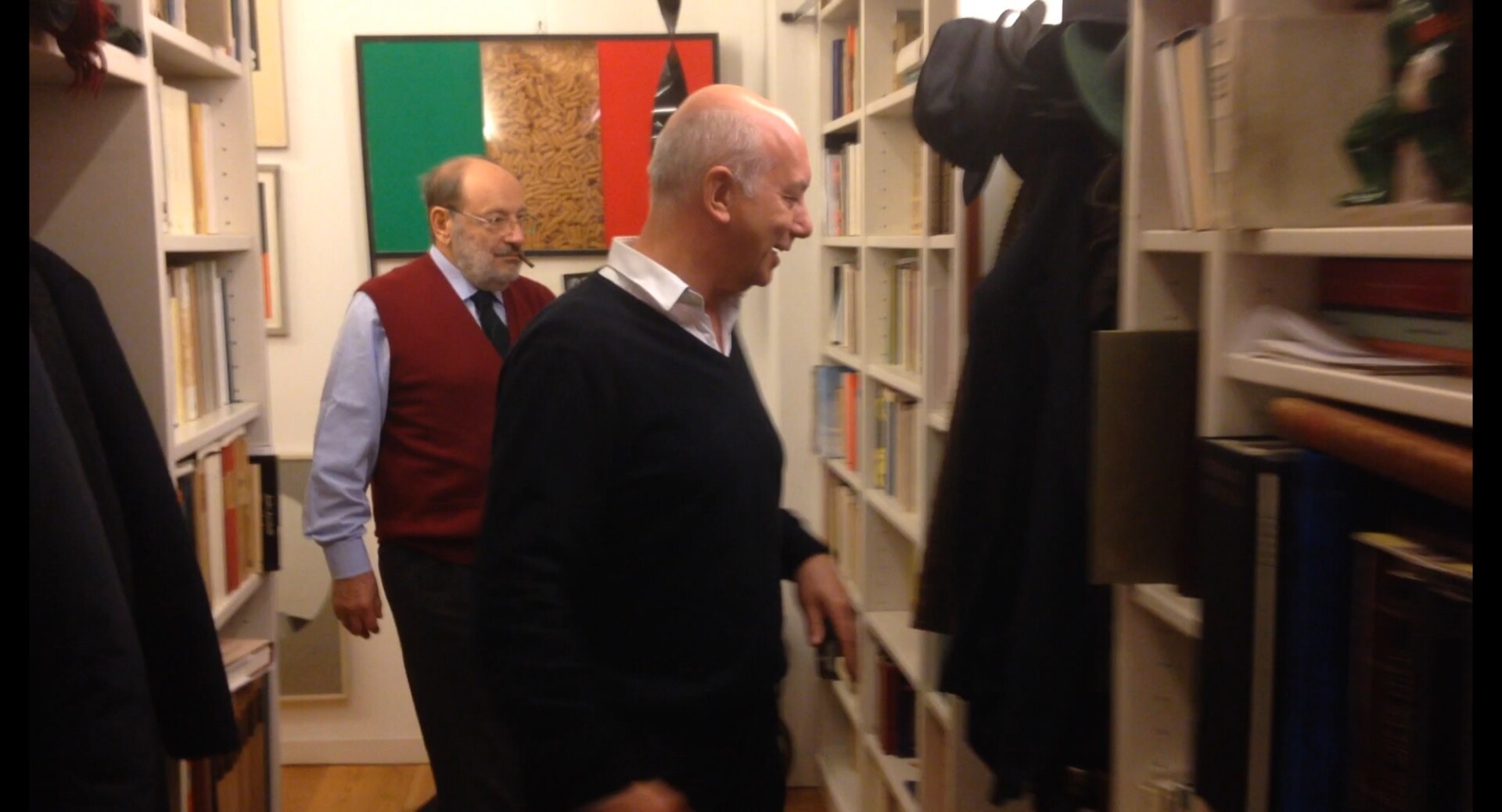
Umberto Eco’s capacity to harmonize depth and lightness, passionate intelligence and explanatory irony is restored. But this work released in the cinemas (in Italy) on the 2nd of March does a lot more: It reasons out on knowing in relation to our overflowing season regarding information received. This paradoxical time in which Eco used to say, “Everything that circulates is registered, and as we know we do not feel the need to remember it”.
Of the book, the film talks to us through the place that conserves and contains it: that library “symbol and reality of a collective memory”, says the author of the “Il Nome della Rosa”(The Name of the Rose), that Dante quotes in the XXXIII Canticle of Paradise to speak of that treasure made of pages, words and stories: Dante compares the books to God, who keeps “bound with love in a volume for what the universe unfolds”. As in, what in the world we see as divided, scattered, in God is collected, Dante explains with his immense poem: God as an ideal library of man, thus, like a “library of libraries”, Eco specifies. Who then adds: “The collection of libraries is the collection of humanity’s memory”. Where the memory is that glue that ties the footsteps of man. “Without memory – he synthesizes – no future is projected” and invents and image to reiterate it: “We are like the athlete who, to take a leap has to take one step back”. The word “memory” is the keyword in this literate but also fluent and flavorful documentary, as was Umberto Eco. The semiotic distinguished a “plant”(of the book), “organic”(of the brain) and “silicon”(electronic) memory, and the last one of which we do not know the duration. That memory that possesses a “double virtue” as it “conserves” and “filters”, and in this present in which internet conserves everything but does not filter anything, a “new challenge” is born: it is not about “being able to possess the most encyclopedias anymore, but to get rid of as many encyclopedias as possible”. To avoid “the theoretical possibility that six billion people of the planet, each navigating in the virtual network, form six billion different encyclopedias”.
Another consideration in the documentary that has its center of gravity in the thinker’s personal library: a marvelous space that contains 30,000 modern books and 1,200 antique ones. A “lively place – explains his son – not an archive”, not “a codified library in the classical sense”. Thus, the director inserts a poetic sequence of Eco’s granddaughter skating across the now donated treasure “by the Italian State family, thanks to an agreement that provides its study and valorization at the Bologna University Library and the Braidense National Library in Milan”.
The magnificent particularity, in “Umberto Eco – The World’s Library”, becomes universal: a real and fruitful network when the director caresses the words of the protagonist with images from other libraries around the world: the Reale of Torino, the Braidense of Milano, the Stadt Bibliotheck Stuttgart, and others till the Vasconcelos Library in the city of Mexico and the Bihai Library in Tianjin, in China. Corners of beauty, dots of light scattered on the planet, places of encounter and peace, of silence that facilitate true knowledge. That silence that teaches us to choose and fights that “too” dangerous that becomes “noise and that the noise – Eco adds – is not an instrument of knowledge”.
The last of his many quotes, of fertile silence, is the one from the First Book of Kings, when Elijah, in the cavern of Mount Horeb is surrounded by a “mighty and fierce wind that breaks the mountains and the rocks”. “One cannot find God in the noise – says Umberto Eco – God manifests himself only in silence”. He adds that “God is where there is no turmoil”. Yet again there is something to reflect on, to enter in a critical relation with our time and with our way of communicating. Here is another cue from this homage to the book, to the libraries and to that profession of the novelist, Eco explains, with “a saw, a planer and a hammer”: tools “to create worlds”.
